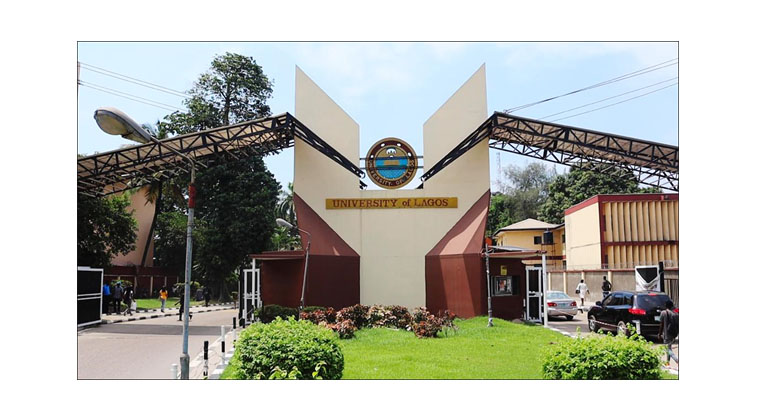Summer holidays offer students a much-needed break from the rigorous demands of the school year. However, this period can also be leveraged to ensure continued learning and personal growth. Engaging students during the summer can be achieved through a balanced mix of educational, recreational, and creative activities.
1. Educational Activities
a. Summer Reading Programs:
Encouraging students to participate in summer reading programs can help maintain and enhance their literacy skills. Libraries often host these programs, offering incentives for reading a certain number of books. Parents and educators can curate reading lists that include a mix of genres to cater to different interests.
b. Online Courses and Workshops:
The advent of technology has made a plethora of online courses available. Students can enrol in courses that align with their interests or academic needs. Websites like Khan Academy, Coursera, and edX offer courses in various subjects, from mathematics and science to arts and humanities.
c. Science and Math Challenges:
Organizing science experiments and math challenges can make learning fun and interactive. These activities can be designed to be completed at home with everyday materials, fostering a hands-on approach to learning.
2. Recreational Activities
a. Sports and Physical Activities:
Summer is an ideal time for students to engage in physical activities. Local sports clubs often offer summer camps where students can learn new sports or improve their skills in existing ones. Activities like swimming, soccer, basketball, and tennis not only keep students physically active but also teach teamwork and discipline.
b. Outdoor Adventures:
Hiking, camping, and nature walks can be both fun and educational. These activities provide opportunities for students to learn about the environment, develop survival skills, and appreciate nature. Parents can plan weekend trips to national parks or nature reserves to make the most of the summer weather.
c. Art and Craft Workshops:
Creative activities such as painting, drawing, pottery, and DIY crafts can be highly engaging. These workshops can be conducted in community centers or even at home, offering students a platform to express themselves creatively and develop their artistic skills.
3. Creative and Skill-Building Activities
a. Music and Dance Lessons:
Learning to play a musical instrument or taking dance lessons can be a fulfilling way for students to spend their summer. These activities not only foster creativity but also enhance cognitive abilities and improve emotional expression.
b. Coding and Robotics Camps:
In today’s digital age, coding and robotics camps are gaining popularity. These camps teach students the basics of programming and robotics through interactive projects. Such skills are increasingly valuable and can spark a long-term interest in technology.
c. Cooking and Baking Classes:
Cooking and baking are practical skills that students can learn and enjoy during the summer. These classes teach them about nutrition, following instructions, and the joy of creating something delicious. Parents and guardians can involve students in meal planning and preparation to make this activity even more engaging.
4. Community and Social Activities
a. Volunteering:
Volunteering in the community can be a rewarding experience for students. It teaches them empathy, social responsibility, and the importance of giving back. Opportunities can include helping at local shelters, participating in community clean-ups, or assisting in local events.
b. Cultural and Historical Excursions:
Visiting museums, historical sites, and cultural festivals can broaden students’ horizons and deepen their understanding of history and different cultures. These excursions can be both educational and enjoyable, providing a rich, immersive learning experience.
c. Peer Study Groups:
Forming study groups with peers can help students stay academically engaged. These groups can meet regularly to discuss books, work on projects, or prepare for the upcoming school year. Peer study groups foster collaboration and provide a sense of community among students.
Conclusion
Engaging students during the summer holidays requires a multifaceted approach that combines education, recreation, creativity, and community involvement. By providing a diverse array of activities, we can ensure that students continue to learn, grow, and enjoy their break. Parents, educators, and community members play a crucial role in facilitating these opportunities, helping students make the most of their summer vacation. Through thoughtful planning and a focus on balance, the summer holidays can become a time of enrichment and development for students of all ages.











